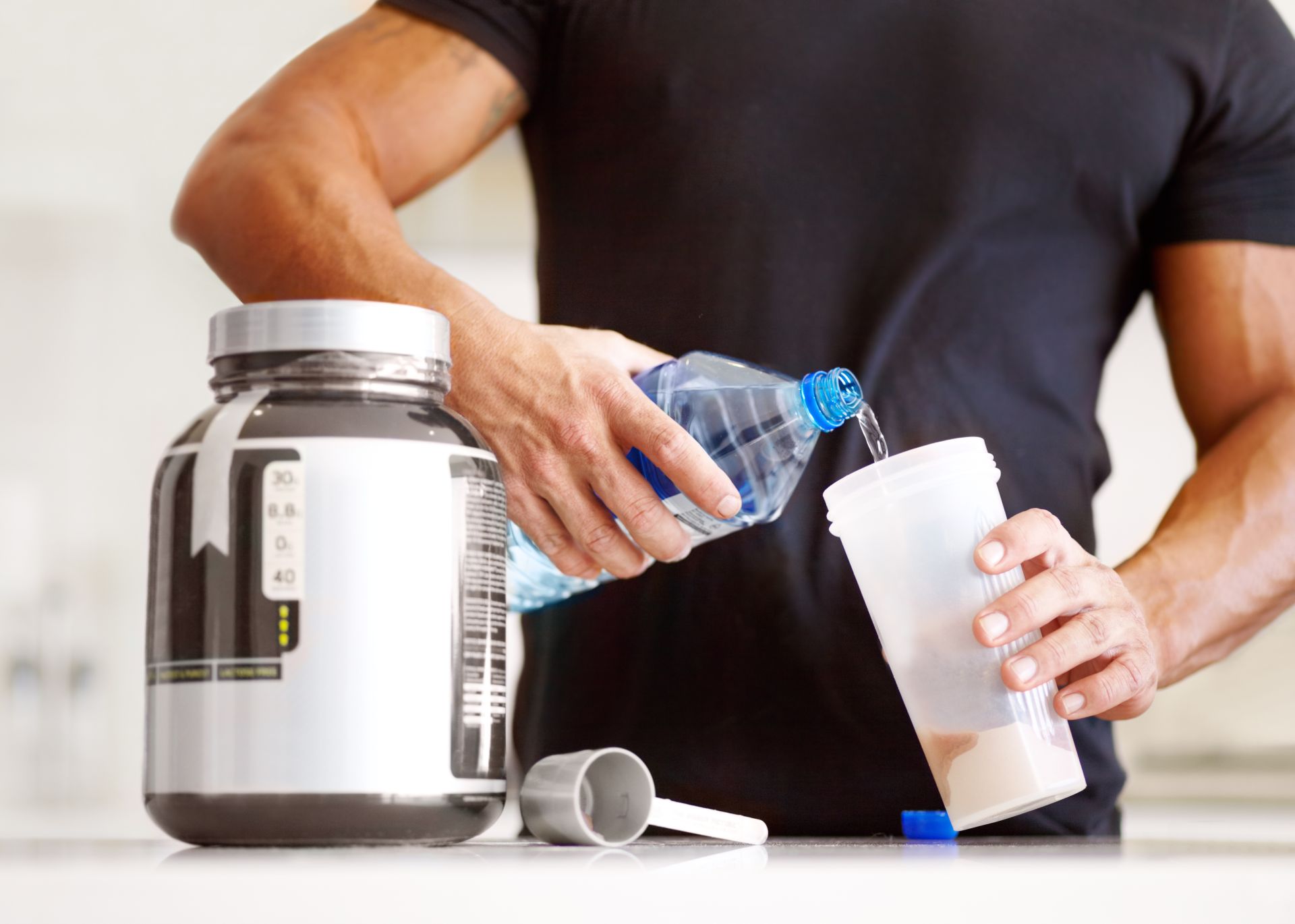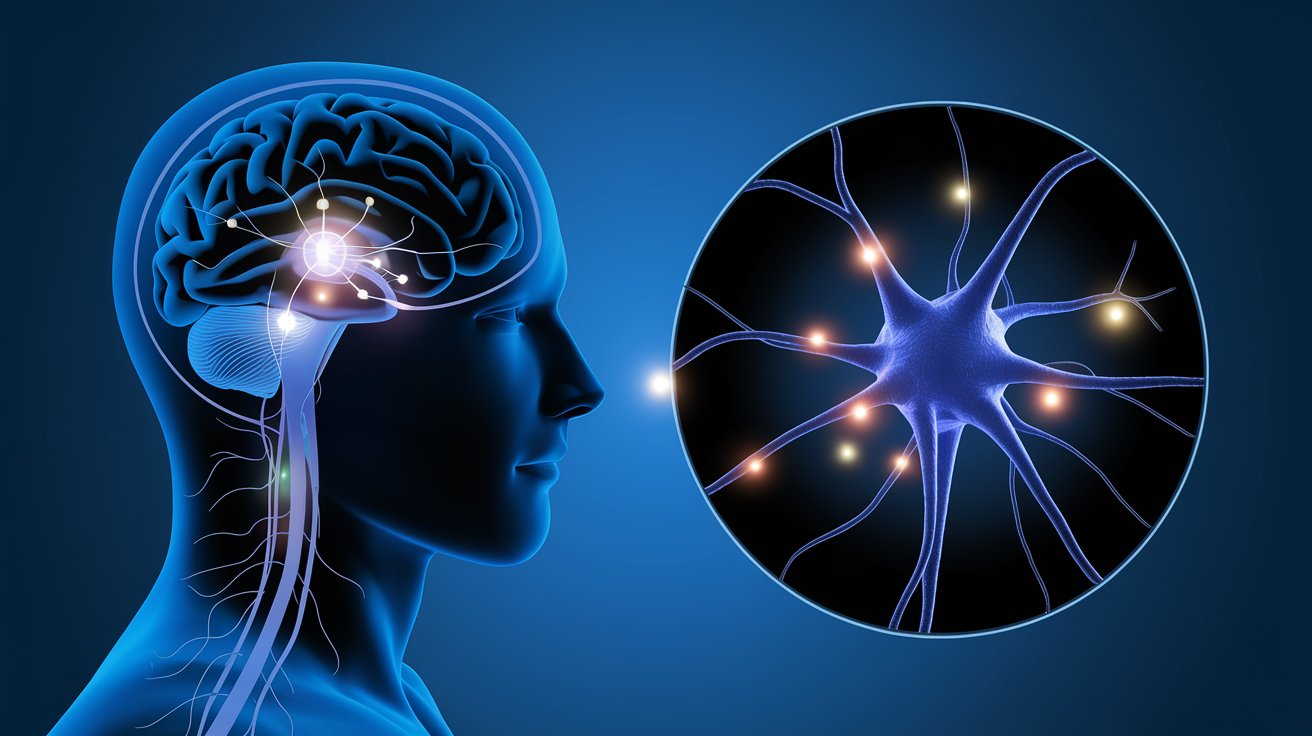Protein hydrolysate - what is it?

Almost all gym-goers are well aware that sufficiently high dietary protein intake and regular strength training stimulate muscle mass development to the greatest extent. That's why many of these people use a variety of protein supplements, including protein hydrolysates, which work well for people with food allergies (such as cow's milk proteins). Let's find out what a protein hydrolysate is and when it's worth reaching for it.
- What is protein hydrolysate?
- How is protein hydrolysate made?
- Protein hydrolysate - properties and applications
- Protein hydrolysate for athletes
- Whey protein hydrolysate - for whom?
- Protein hydrolysate - is it harmful to health?
What is protein hydrolysate?
Protein hydrolysate is a product that is made by partially digesting a specific protein (such as cow's milk) by chemical or enzymatic methods. In simplest terms, protein hydrolysate is a partially broken down protein into smaller fragments, namely peptides and amino acids. Protein hydrolysate is widely used in the food industry, as it gives many food products the right structure and affects their taste and smell. It is worth mentioning that they are not considered food additives, so they are not marked with the "E" symbol. Besides, protein hydrolysate is a common ingredient in protein supplements for professional and amateur athletes. Protein hydrolysate is also used in the production of foodstuffs for special nutritional purposes, which are dedicated to infants and young children with food allergies (such as to cow's milk proteins).
How is protein hydrolysate made?
Protein hydrolysate is obtained by hydrolytic processing, which results in the breaking of polypeptide chains in the protein structure and the formation of shorter chains (peptides) or amino acids, which are better absorbed by the human body than longer polypeptide chains. For the production of protein hydrolysate, mainly food products that are good sources of protein are used, especially cow's milk (casein and whey), meat (e.g. poultry, beef), eggs, wheat, soybeans, peas and by-products (e.g. skin, bones, post-extraction meal). Protein hydrolysate is obtained by enzymatic hydrolysis, or acid or base catalysis. The former process involves the decomposition of proteins at a maximum temperature of 65 degrees Celsius with the participation of appropriate enzymes - endopeptidases and exopeptidases. Chemical catalysis, on the other hand, involves the breakdown of food proteins at a much higher temperature (from 80 to even 100 degrees Celsius) in an acidic (pH < 1) lub zasadowym (pH > 12) environment. The resulting protein hydrolysate can be further processed using such methods as filtration, ultrafiltration, centrifugation, concentration and drying.
Protein hydrolysate - properties and applications
Protein hydrolysate has a number of important technological functions, which are widely used in the food industry to produce a wide variety of food products. It is now well known that protein hydrolysates exhibit gelling, emulsifying, swelling, water-binding and stable foam-forming properties. Thanks to these technological properties, protein hydrolysates can give food products a better texture and the desired taste and aroma. Protein hydrolysates are most often added to such products as processed meat products (e.g., sausages, canned meat, pates), processed fish products (e.g., paprikash), ready-made dinner dishes (e.g., stew, stuffed cabbage), sandwich pastes (e.g., hummus, soybean paste), ready-made seasoning mixes, and powdered soups and sauces. In addition, protein hydrolysates are used in special foodstuffs (mixtures for infant and follow-on feeding of infants and hypoallergenic formulas for young children with food allergies) and protein supplements for athletes.
Protein hydrolysate for athletes
Due to their high nutritional value, ability to modify amino acid composition and very good digestibility and assimilability, protein hydrolysates are widely used in the production of protein nutrients dedicated to sports people. On the market of dietary supplements for athletes, whey protein hydrolysate (WPH - Hydrolysed Whey Protein) and beef protein hydrolysate can now be found most often. Protein supplements in the form of hydrolysates are mainly purchased by professional and amateur athletes who experience, by their own example, annoying symptoms associated with allergies or food sensitivities. Particularly popular is whey protein hydrolysate, which is a protein of dairy origin characterized by the highest quality and digestibility, as well as very easy assimilation and solubility in water. Whey protein hydrolysate is rich in branched-chain amino acids, which include isoleucine, leucine and valine. Consumption of dairy-derived proteins in the first meal after weight training has been shown to promote an increase in muscle mass and strength, as well as accelerate the rate of post-workout recovery.

Whey protein hydrolysate - for whom?
Whey protein hydrolysate is especially recommended for athletes with allergies to cow's milk proteins and/or lactose (milk sugar) intolerance. A protein supplement based on whey protein hydrolysate will be perfect especially for those people with food allergies who want to increase muscle mass and strength, but who have great difficulty in providing an adequate amount of dietary protein, i.e. about 2 g for each kg of total body weight per day. Whey protein hydrolysate is also a good dietary supplement for people with food allergies who have busy lifestyles and lack the time to prepare several balanced meals during the day.
Protein hydrolysate - is it harmful to health?
Protein hydrolysate is a compound that is completely safe for human health and has no side effects. Simply put, protein hydrolysate is partially digested protein, that is, broken down into smaller fragments - peptides and amino acids. Protein hydrolysate, as the name suggests, contains protein, which is one of the most important nutrients in the human diet, which is broken down into the same smaller molecules in the digestive tract.
Sources:
-
Manninen AH: Protein hydrolysates in sports nutrition. Nutr Metab (London). 2009 Sep 28;6:38.
-
Yuan J, Jiang B, Li K, et al: Beneficial effects of protein hydrolysates in exercise and sports nutrition. J Biol Regul Homeost Agents. 2017 Jan-Mar;31(1):183-188.
-
Morgan PT, Breen L.: The role of protein hydrolysates for exercise-induced skeletal muscle recovery and adaptation: a current perspective. Nutr Metab (London). 2021 Apr 21;18(1):44.
-
López-Martínez MI, Miguel M, Garcés-Rimón M.: Protein and Sport: Alternative Sources and Strategies for Bioactive and Sustainable Sports Nutrition. Front Nutr. 2022 Jun 17;9:926043.
-
Czelej M, Garbacz K, Czernecki T, et al: Protein Hydrolysates Derived from Animals and Plants-A Review of Production Methods and Antioxidant Activity. Foods. 2022 Jun 30;11(13):1953.
 ⮜ Previous article
⮜ Previous article
How to motivate yourself - 5 proven tricks
 Next article ⮞
Next article ⮞